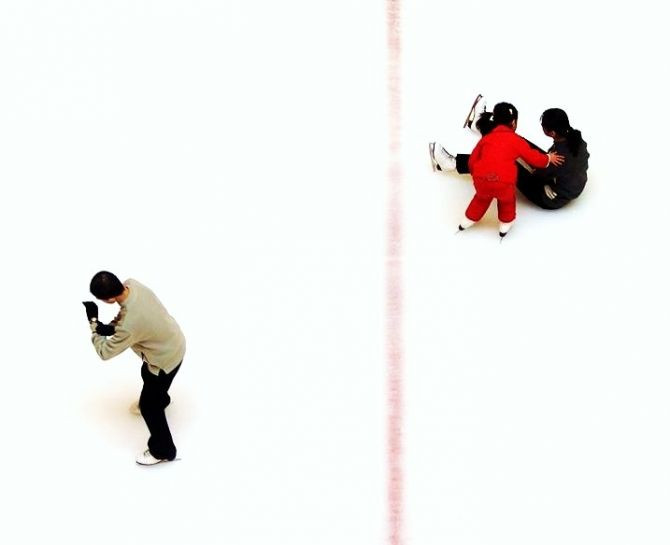Kindness May Determine Popularity for Pre-Teens

It's not the cool kids in school that get the popular vote, it's the nice kids, according to a new study. Researchers found acts of kindness made preteens happier and more accepted in their peer groups.
Lead researchers Kristin Layous and team from the University of California, Riverside, randomly assigned over 400 students between the age of nine and 12 to two groups. One group performed 'acts of kindness' and the other group kept count of pleasant places they visited each week.
Researchers said that some examples of "acts of kindness" include giving up some of their lunch or giving their mothers a hug and pleasant places visited include the baseball diamond, shopping center or a grandparent's house.
Researchers asked the children to report their levels of happiness after four weeks and found that children who performed kind acts were happier than those in the pleasant places group.
To analyze the children's peer acceptance, the students were given a list of classmates and asked to identify peers they would most like to work with on school activities.
Researchers found that children in the group that performed kind acts were significantly more popular than those in the other group.
While both groups of children had an increased sense of well-being, researchers noted that only children in the group that performed kind acts experienced greater acceptance by their peers.
"Increasing peer acceptance is a critical goal related to a variety of important academic and social outcomes, including reduced likelihood of being bullied," researchers said in a statement.
Researchers say the findings suggest that educators should introduce regular pro-social activities in school for pre-teens.
"The findings suggest that a simple and relatively brief prosocial activity can increase liking among classmates," Layous said in a statement. "Given the relationship between peer acceptance and many social and academic outcomes, we think these findings have important implications for the classroom."
The study was published Wednesday in the journal PLOS ONE.



























